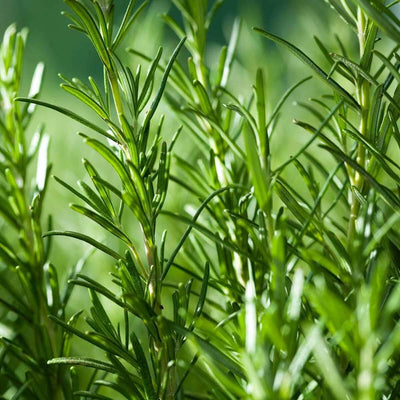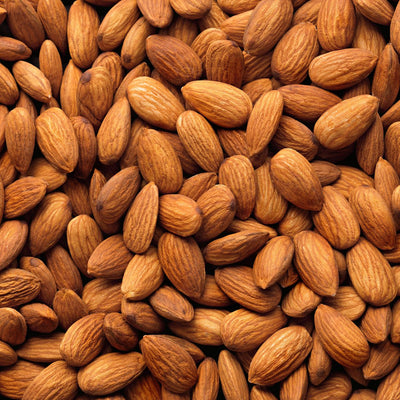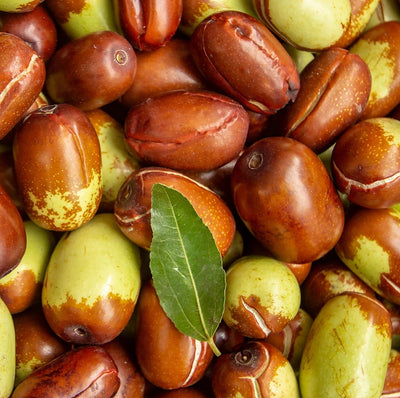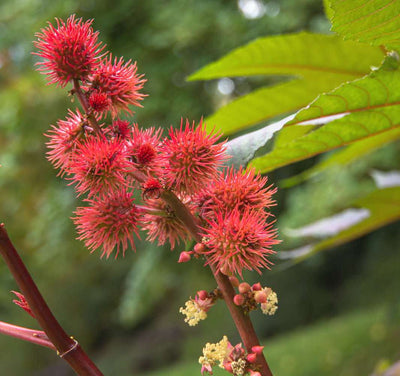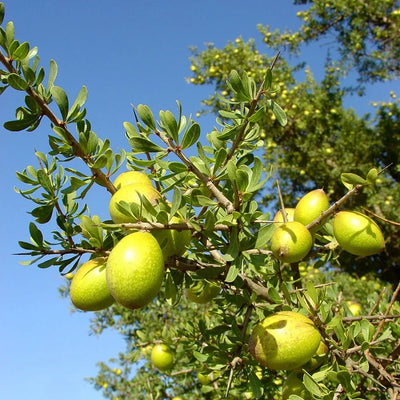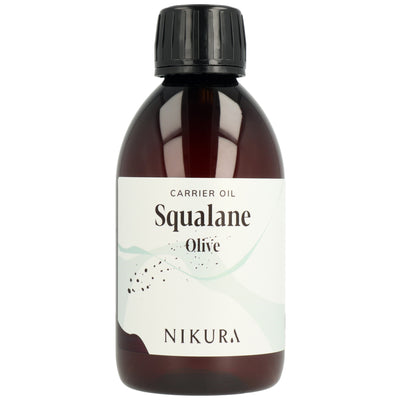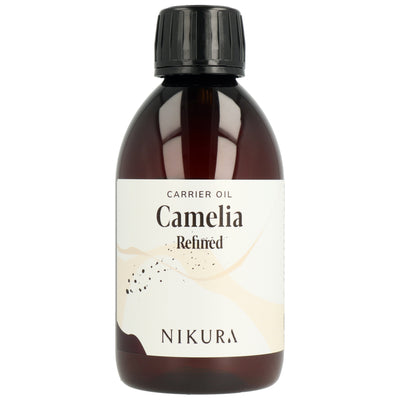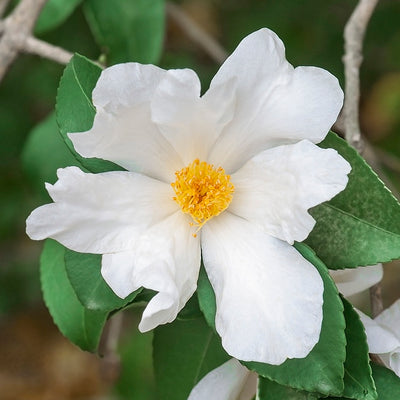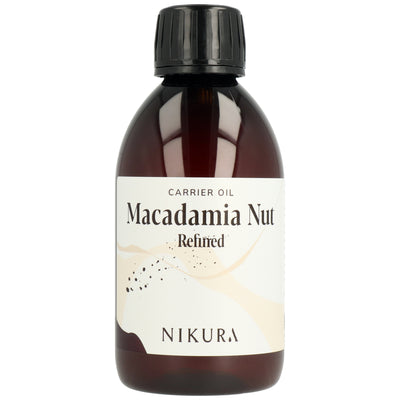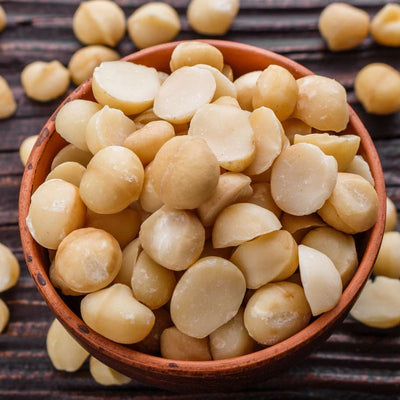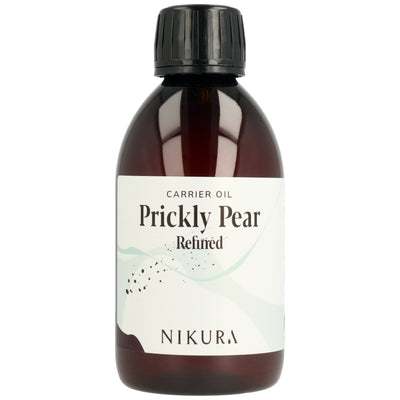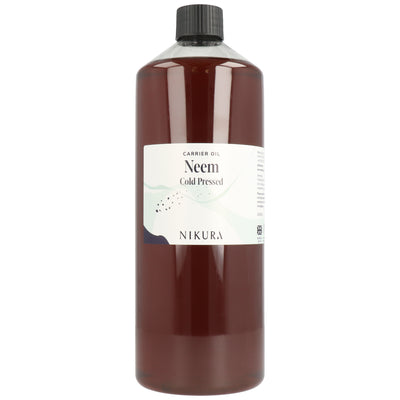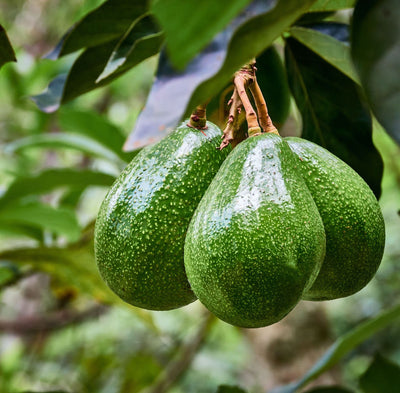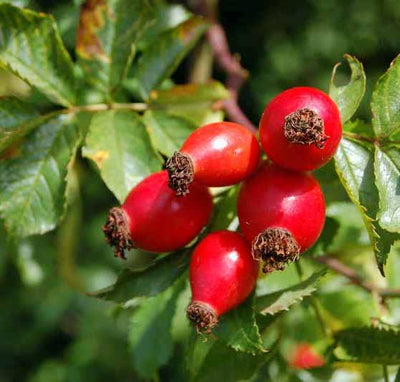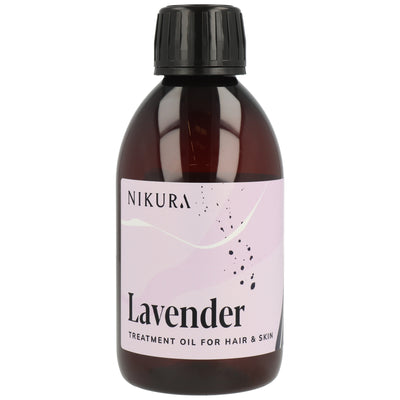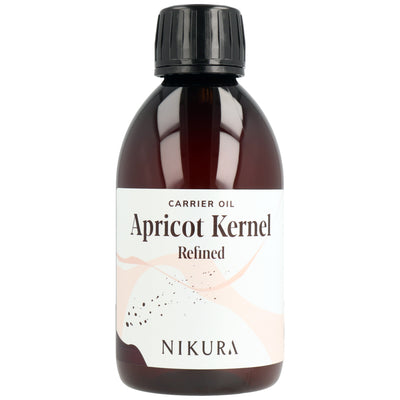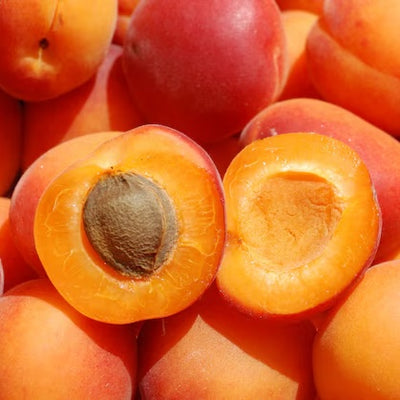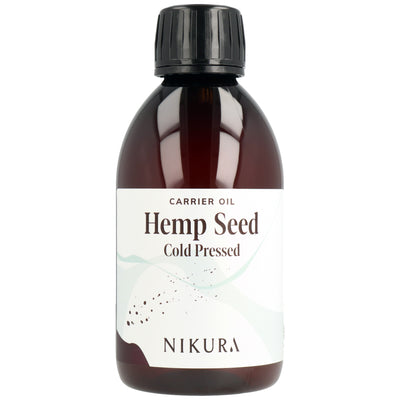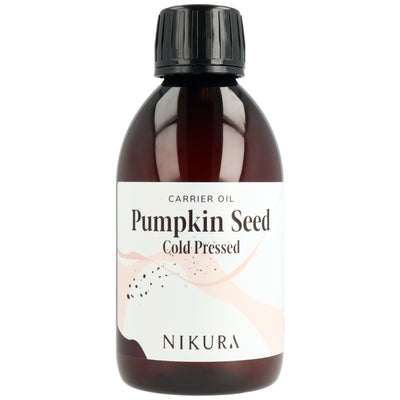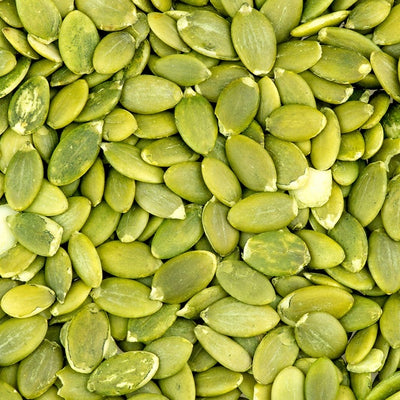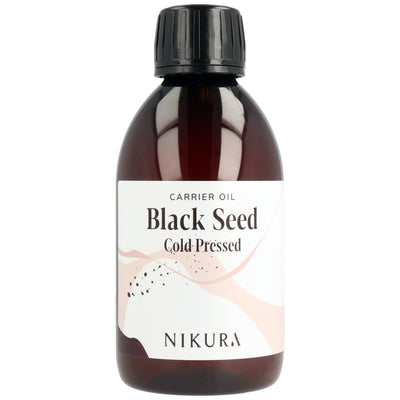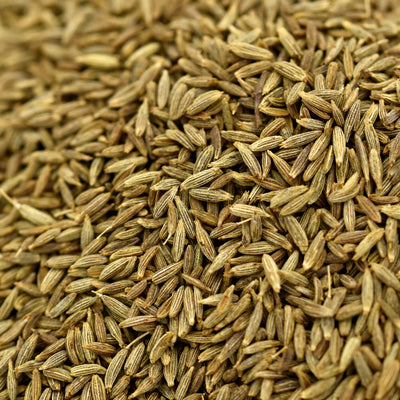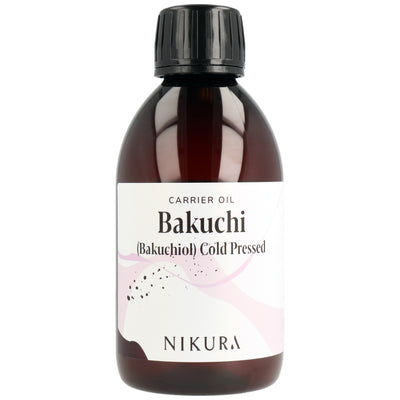🚚 Arrives Before Valentine's! SHOP NOW 🚚

Buy 3 Carrier Oils, Get 4th FREE!

- 1
- 2
Over 12k Customer Reviews
How to use carrier oils
The moisturising properties and gentle consistencies of carrier oils make them easy to use and ideal for creating your own all-natural remedies at home.
Not all carrier oils are built equal, so trying out the best ones for you based on scent, durability, and absorption is a great place to start.
A good rule of thumb to adopt when using carrier oils is to dilute 2 drops of your chosen essential oils with one teaspoon of carrier oil. This will then make the essential oil safe to apply all over your skin (but remember to perform a patch test first!)
Learn more about how to dilute your essential oils with carrier oils.
Where are carrier oils sourced from?
In general, carrier oils are usually extracted from a vegetable, such as avocado or coconut; however, they can also be derived from nuts, seeds, and common plants or fruit kernels.
Most carrier oils are obtained via cold pressing, whereby the source of the oil is crushed without the use of heat in order to extract the oil from within it.
A lot of carrier oils are also associated with cooking; however, ensuring the oil is food-grade is an important step if you wish to use carrier oils in this way.





